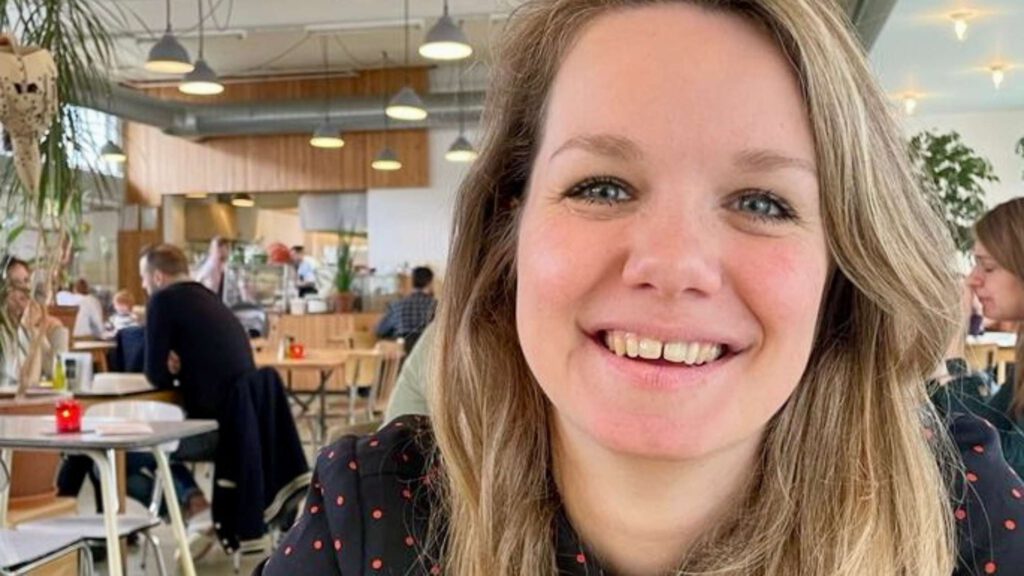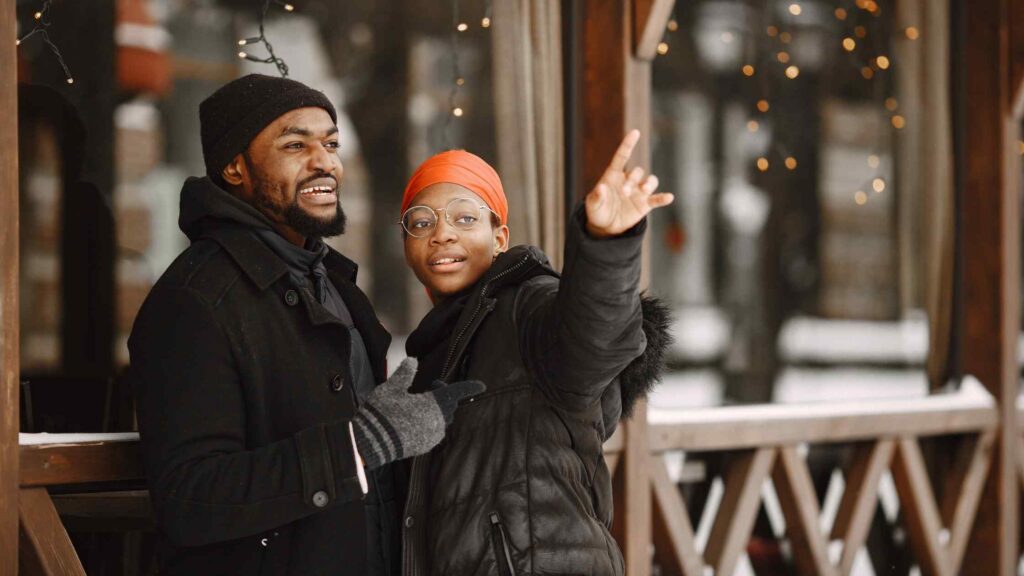How does Bitcoin work?

Bitcoin, an investment product that has fascinated many people for several years. A volatile exchange rate (the value of the bitcoin currency fluctuates quite a bit), many hypes but by now impossible to get rid of! But what exactly is Bitcoin? Or do you write bitcoin with a small b (spoiler, both ;-)) In this blog, Heleen, one of the creators of the Elfin crypto course discusses: how does bitcoin work? She uses a metaphor that is very telling, if you ask us 😉
How does Bitcoin work?
Picture this. You walk into a building and you see a very large (calmly say endless) wall of glass bank vaults. Because the lockers are glass, you can see what is inside them. On the front of each locker is a locker number consisting of numbers and letters. There is also a lock on the lockers because to open the lockers you need a key. So although you can see what is in a safe deposit box and what the number of this safe deposit box is, there is nowhere to see who that safe deposit box belongs to.
These glass lockers are not located in any country and are not part of any company. Anyone can buy into the building and check out the lockers and create a new one. All locker owners can take something out of the locker or just put something in the locker. Some vaults are empty, others may contain the value of a few tens, and some are already old and dusty and contain gigantic amounts of bitcoin.
Those glass vaults with numbers are the bitcoin addresses. You can only access bitcoin at this address with the correct key. This is the private key you get when you create your wallet. This private key is again long combination of letters and numbers and you keep it well secret because with it, even someone else can open your bitcoin vault. The addresses are visible and we know how many are at an address, only we don’t know which name belongs to it.
Every 10 minutes changes can be made to the contents of the vaults, these are the bitcoin transactions which make up the blockchain. This goes on 24 hours a day 7 days a week and by now more than 700,000 of these blocks have been mined. But how do these blocks come about? Who decides which transactions are executed and which are not?
Bitcoin transaction
To better explain this, we are going to do an imaginary bitcoin transaction. You downloaded a wallet on your phone or computer and created a bitcoin address, this is not much more difficult today than buying something online. So now you are the proud owner of: a key and the number that will soon be on your glass safe. A friend has bought bitcoin before and is kind enough to send you 0.01 bitcoin. He/she has this bitcoin in one of the glass vaults. And it has to be sent from there to your vault.
Suppose he has a vault with 0.02 btc, of which 0.01 therefore goes to you, there is a transaction fee to be paid and the rest he keeps for himself. The transaction has an initial amount (0.02 btc) and splits into 3 parts, namely the 0.01btc you are going to get, a fee for the transaction and the part your friend keeps for himself (the rest). The total of these 3 parts equals the 0.02btc of the beginning. Your friend creates the transaction, for this he uses his wallet (with private key) and needs your address (which you had already created). Now it is a matter of waiting, and the signed transaction enters a “waiting room.” This is where all transactions gather before they are executed.
Miners
Now some more background on who is conducting the transactions. Indeed, this is a large group of “puzzlers.” These are groups and companies that own large amounts of computer equipment to perform cryptographic calculations. The one who solves this puzzle first who mined the next block and gets the transaction fees and a reward for solving the puzzle. The difficulty of the calculations is constantly adjusted so that a new solution is found approximately every 10 minutes, and thus a block follows.
If the waiting room is very crowded, not all waiting transactions can join the next block at once. The transactions the highest fee pay those then go along, and those who pay a lower fee have to wait even longer. So, because of the busy waiting room and other transactions with higher fees, your transaction may have to wait a while. But today is a lucky day, for a paltry sum the transaction is through in the next block and you now own your bitcoin!
Talk in advance in the Elfin community about crypto, where Elise and Heleen (both created Elfin’s crypto course) are active and answering questions.





